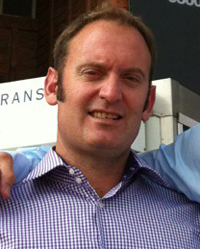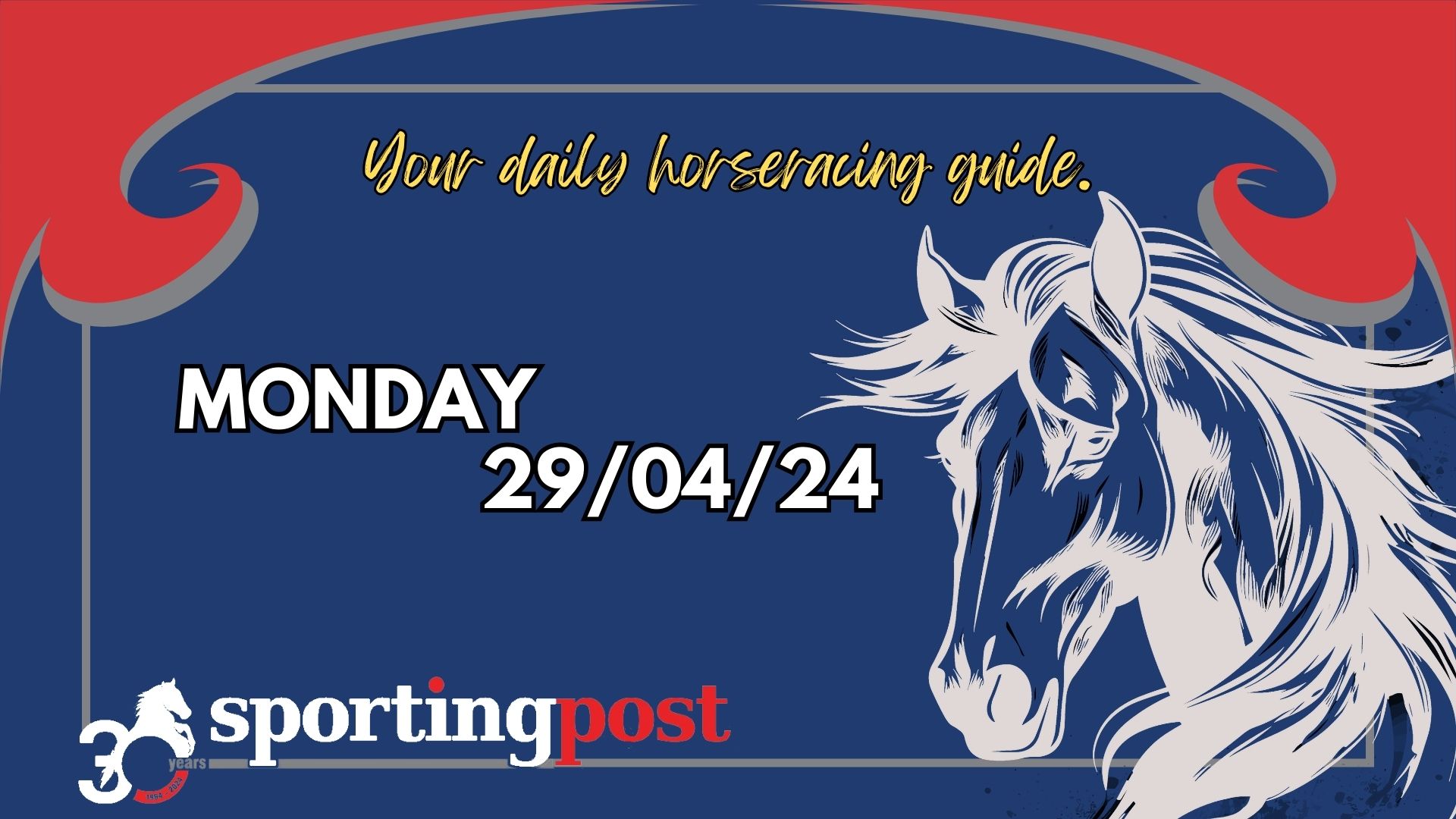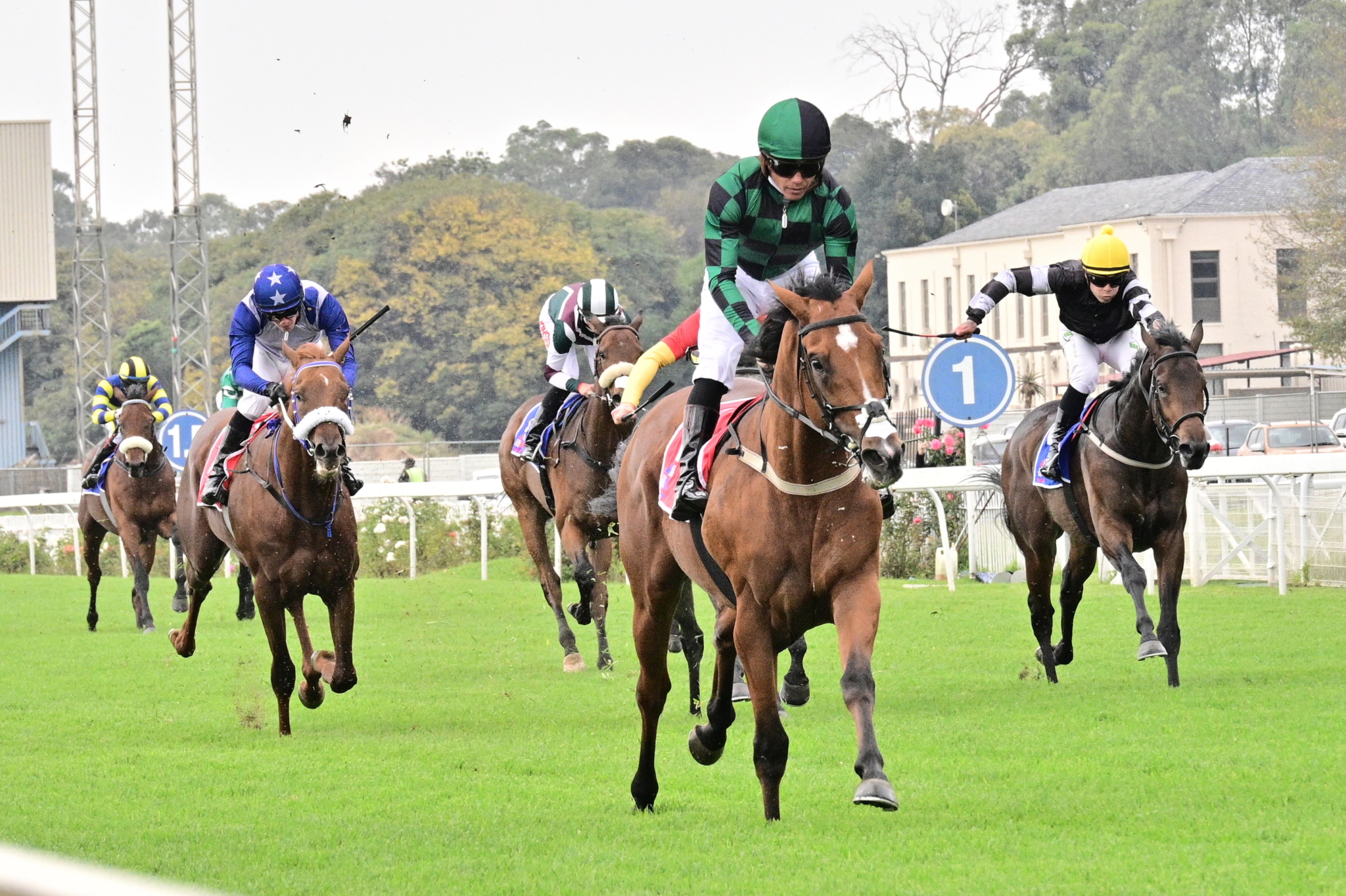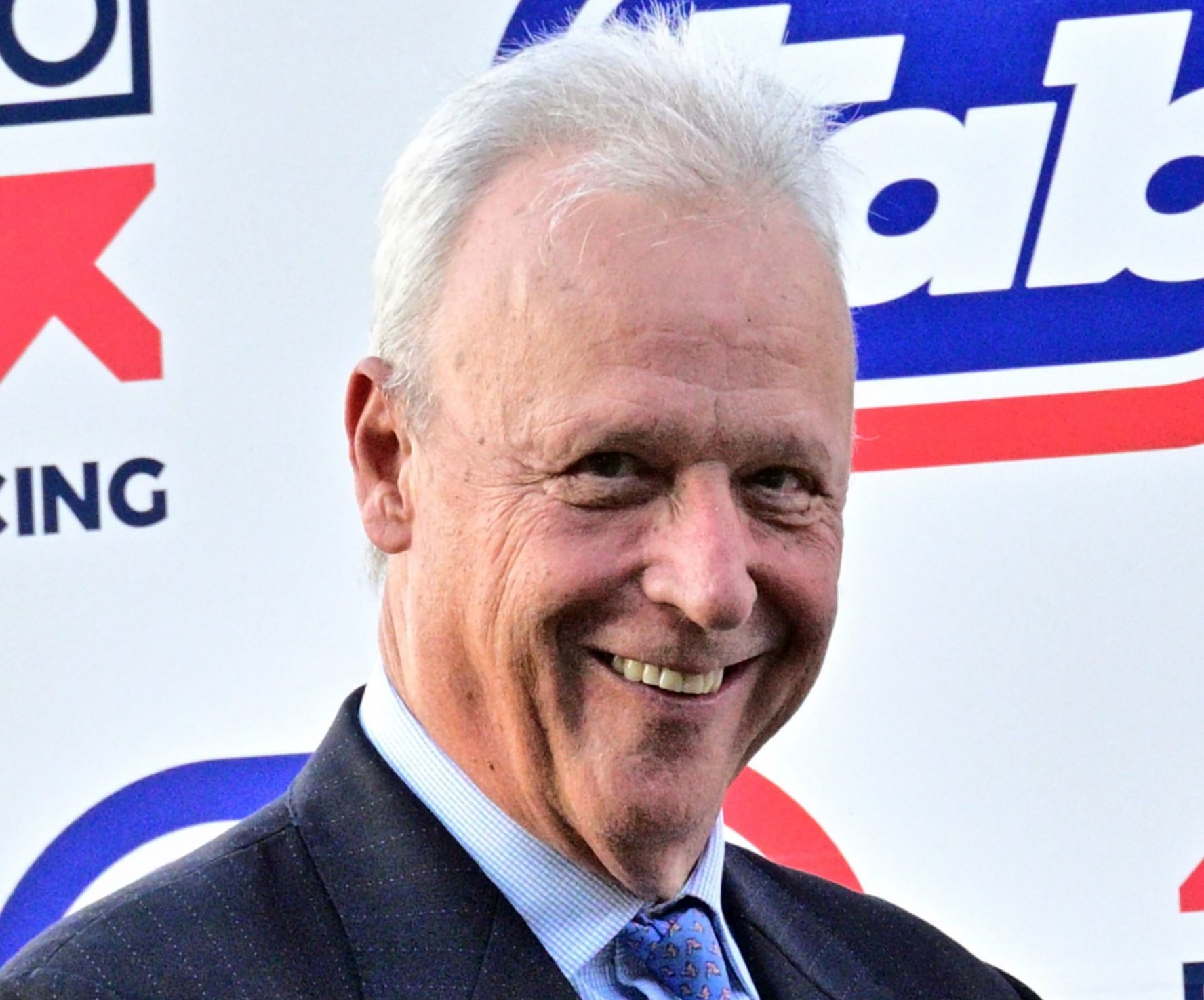
Charles Savage
Licenced financial services company Purple Capital Limited remains interested in Western Cape horseracing. This emerged at a public interest meeting held on Monday evening in Milnerton where CEO Charles Savage suggested that the current racing model was antiquated and in dire need of an overhaul.
The straight talking Savage also slammed what he called a ‘few strong personalities’ at the root of many of the problems and issues facing racing, and said it was time that the sport moved on and left the individual egos behind.
Little is known generally about the JSE listed Purple Capital, which is making gentle waves amongst sectors of the racing industry with their refreshing approach to engagement .
The company is made up of two operating areas, trading and advisory. Global Trader and Powerbet cover the retail market in their trading focus, whilst Purple Capital Corporate Finance and Purple Capital Treasury service the institutional and corporate client base.
Racing operator Phumelela recently had their plans stymied for the takeover of Western Cape racing.
The Competition Commission prohibited a set of proposed transactions involving Kenilworth Racing (Pty) Ltd . The first transaction involved the acquisition by Kenilworth of the Western Cape business of Gold Circle (Pty) Ltd and the second the take-over of Kenilworth by the Thoroughbred Horseracing Trust. As part of the transactions, Phumelela intended managing Kenilworth/Gold Circle through a management agreement between Phumelela and Kenilworth, effectively giving Phumelela control of Gold Circle in the Western Cape.
The proposal also meant that Phumelela would operate in 8 of the 9 provinces, while Gold Circle would remain in KwaZulu-Natal only. This substantially increases Phumelela’s share of the market and a set of arrangement and agreements between Phumelela and Gold Circle would have the effect of diminishing competition between the two groups. The Competition Commission expressed concern that this would allow Phumelela to further entrench its already strong position such that it could exert market power and, given the high barriers to entry, the high market shares and low countervailing power in this market, the mergers were likely to create a market structure that would entrench the power to the exclusion of other firms – particularly small and emerging horseracing entities.
Savage explained to the meeting that following the divorce between Gold Circle in KwaZulu-Natal and the Western Cape, his company had expressed an interest in the Western Cape in 2011.
He said that they were initially led to believe that the dispute between the two regions was about money, and they accordingly structured their original offer based on a monetary plan. Savage said it then transpired that conflicting personalities were apparently at the root of the strife. Entrepeneur Phindi Kema then opened the wounds again when she took the matter to the Competitions commission regarding her interest in Arlington.
At this point, the Competitions Commission approached Savage and asked whether he would be an expert witness in the case. He made available the research and information that had been collated on Gold Circle. According to Savage the Competitions Commission subsequently indicated that they felt Purple Capital’s proposal had merit and encouraged them to revive their bid.
In essence, Savage said that the Purple Capital deal and proposal is a corporate one.
He said that the he felt that Gold Circle was not as worthless as had been portrayed in the Phumelela deal and that Purple Capital valued the assets at a little under R1 billion. He argued that the gambling licenses alone were almost priceless.
He went on to suggest that horseracing wasn’t using the opportunities presented by the totes. He said that Bookmaker licenses were limited, whereas racing’s licenses appear to allow for unlimited Totes. He said that even with the limitations imposed on Bookmakers, they were still outperforming the tote.
Savage said that BEE was a major issue that needed urgent addressing. He called for a proactive and innovative approach to transformation which would be high on the priority agenda.
Savage said that the shocking deficit figures that were being suggested about Western Cape racing were actually quite small and that if the problem was purely a monetary one, then the dilemma could and should be solved relatively easily. He made reference to a basic component such as operating costs being managed badly and was vocal of his criticism of the jobs for mates syndrome amongst other issues.
Talking the talk, or walking the walk? The debate is likely to rage on in the weeks and months ahead.








